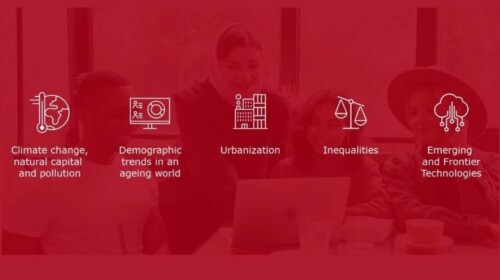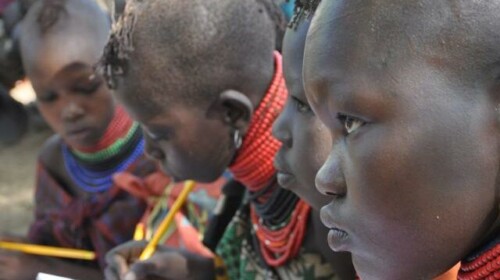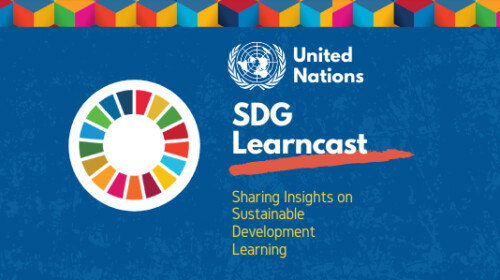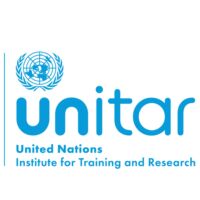This toolkit developed by UNITAR in collaboration with the UN family explains the theory and practical implications behind policy integration and Leave No One Behind imperatives. Based on this improved understanding, it then aims to support more harmonized approaches towards incorporating the SDGs across the national policy cycle: from integrated planning to aligned budgeting frameworks and monitoring and evaluation (M&E) systems, reviews and reporting.
The toolkit is available in two versions. This version is a Generic one and available in English with world-wide case studies. The second version is specifically customized for African Least Developed Countries (LDCs) and available in both English and French.
Related

Policy cycle, integrated approaches and SDGs for African LDCs
Resource
Interactive learning package
Offered by:
UNITAR
SDG: Breaking the silos, Leave no one behind, SDG 17, SDG 17: Systemic Issues

Transforming Economies for Sustainable Development
Course
Facilitated e-learning
5 Aug 2023
Offered by:
UNSSC
SDG: 2030 Agenda, Breaking the silos, Leave no one behind, SDG 8, SDG 13, SDG 17

Development Cooperation in Times of Global Megatrends - Video
Microlearning
Video
Offered by:
GDI, UNSSC
SDG: 2030 Agenda, Breaking the silos, Leave no one behind, SDG 17, SDG 17: Systemic Issues

SDG: 2030 Agenda, Breaking the silos, Leave no one behind, SDG 16

Data revolution and new technologies for the most vulnerable groups
Microlearning
Podcast
Offered by:
Dr. Emmanuel Letouzé, Director (Data-Pop Alliance)
SDG: Breaking the silos, Leave no one behind, SDG 17, SDG 17: Technology

Analyse quality of Stakeholder Engagement in implementation of Agenda 2030
Resource
Book
Offered by:
UNDP, UN DESA
SDG: 2030 Agenda, Leave no one behind, SDG 17, SDG 17: Systemic Issues


